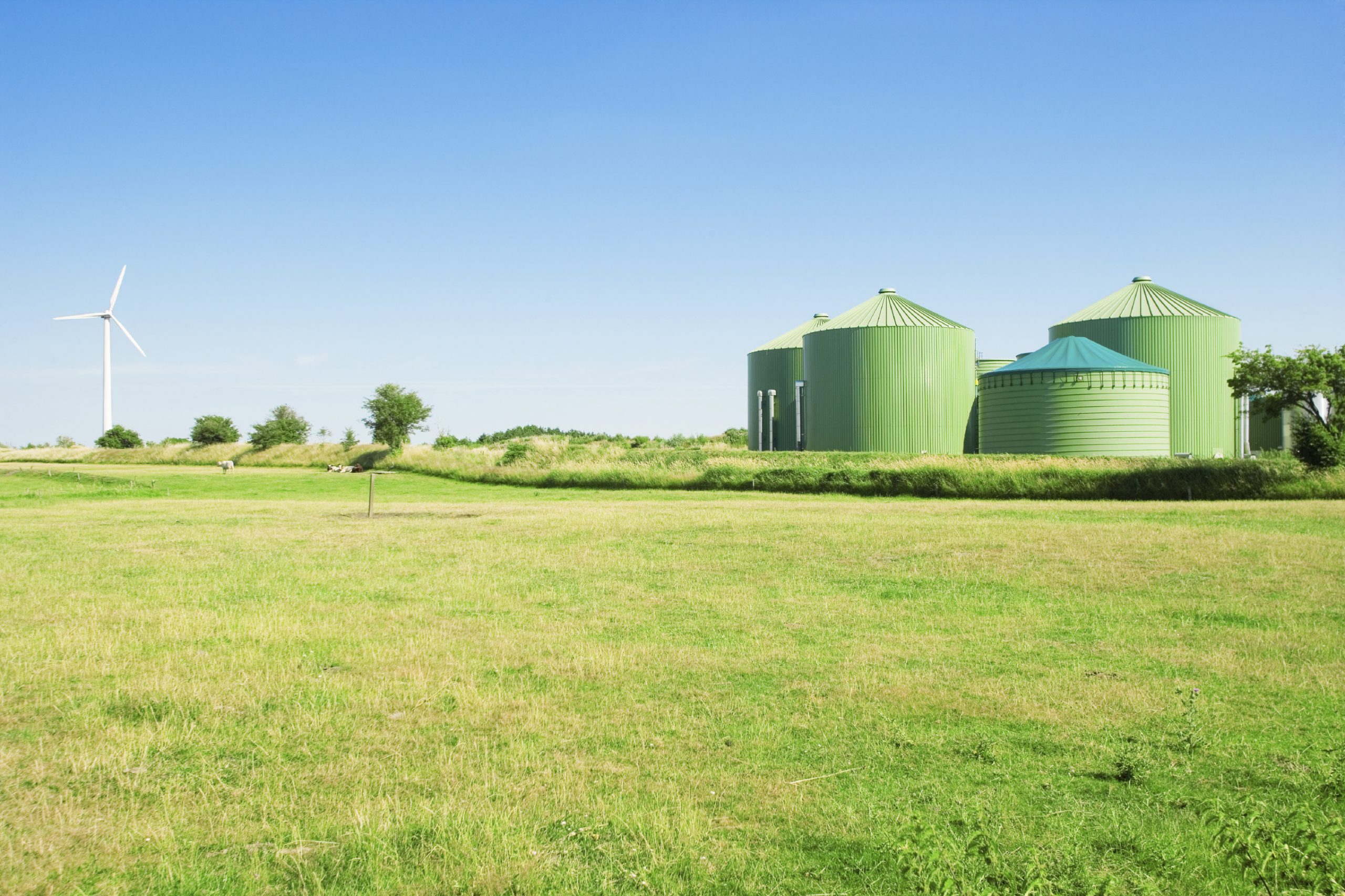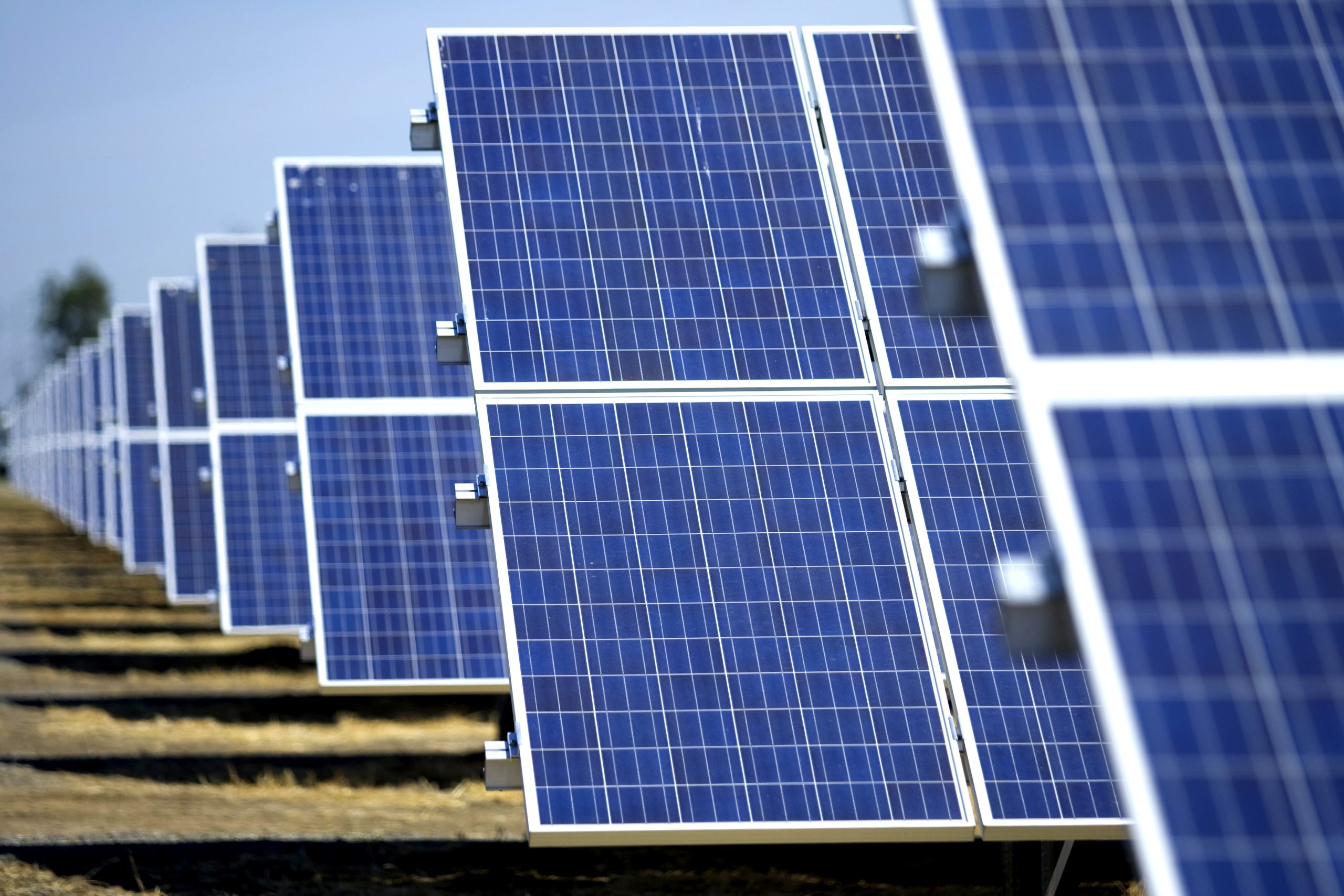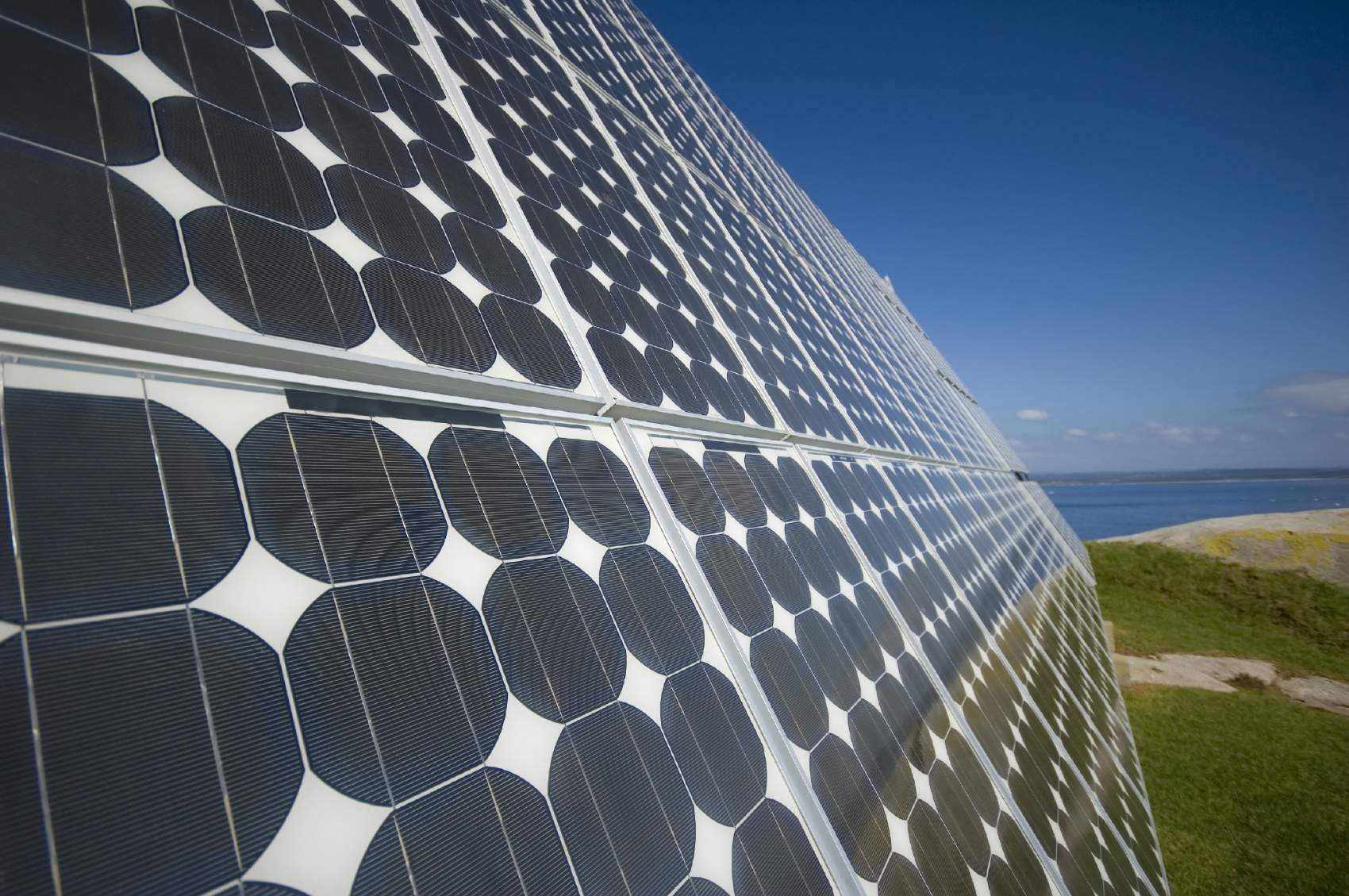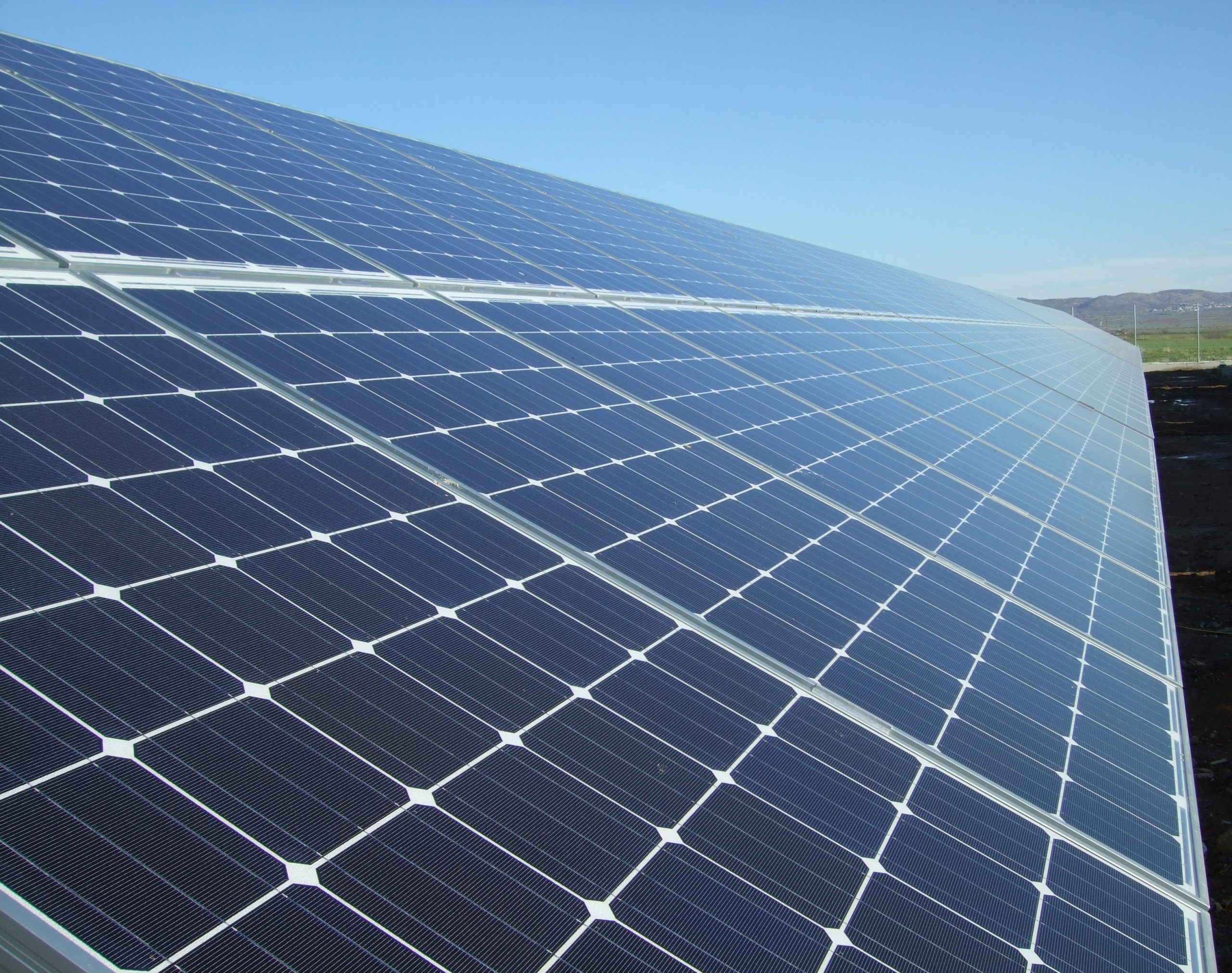EuroEnergy announces €24 Million portfolio of biogas projects across Greece
Biogas facilities address environmental issues posed by livestock waste – Energy produced contributes to Greece’s 2020 renewable energy target

EuroEnergy, the European renewable energy division of Libra Group has announced its investment in four biogas facilities across Greece with a combined investment value of €24 million and a combined power capacity of 4MW. The plants are designed to process manure from livestock farming: anaerobic digesters will convert manure to energy through the production of biogas which contains methane. The resulting gas will be used to power generators which supply energy to Greece’s mainland grid owned and operated by ADMHE and sold to the Greek electricity market operator, LAGHE. The process also produces heat which can be captured for commercial use. Finally the by-products of the process can be used as organic fertilizers.
EuroEnergy’s activities are not only contributing to Greece’s renewable energy target but reducing a significant environmental pollutant in the form of animal waste products. The Metropolitan Committee of Thessaloniki recently approved the installation and operation of two of EuroEnergy’s biogas production facilities in the Pentalofos area of Thessaloniki – a region with significant animal cattle farming interests. A project of similar scale by EuroEnergy has received local authority approval in Xanthi and will be completed by EuroEnergy in 2015. EuroEnergy has also received approval to build similar facilities close to Serres. Furthermore, EuroEnergy is developing an additional biogas portfolio with two more projects, each of 0.5MW capacity, expected to be fully licensed in 2015.
Commenting on the projects EuroEnergy CEO Christos Reveliotis stated: “We are delighted to have received approval for a range of projects that address Greece’s renewable energy targets as well as having a direct environmental impact by addressing the growing problem of pollution from cattle manure. The solution we have designed creates a ‘virtuous circle’ of pollution elimination, heat and energy production and a by-product in the form of organic fertilizer for use in agriculture. These projects contribute directly to the local communities and economies and can relieve the waste management bottleneck faced by local cattle farmers, allowing them to develop their businesses in an environmentally sustainable manner.”
 Greenwood Energy Launches 80MW Solar PV Project in Chile
Greenwood Energy Launches 80MW Solar PV Project in Chile  Greenwood Energy and Qohelet Form Central American Solar Energy JV
Greenwood Energy and Qohelet Form Central American Solar Energy JV  EuroEnergy acquires local partner shares and gains full ownership of Euro Energy Biogas Latvia
EuroEnergy acquires local partner shares and gains full ownership of Euro Energy Biogas Latvia